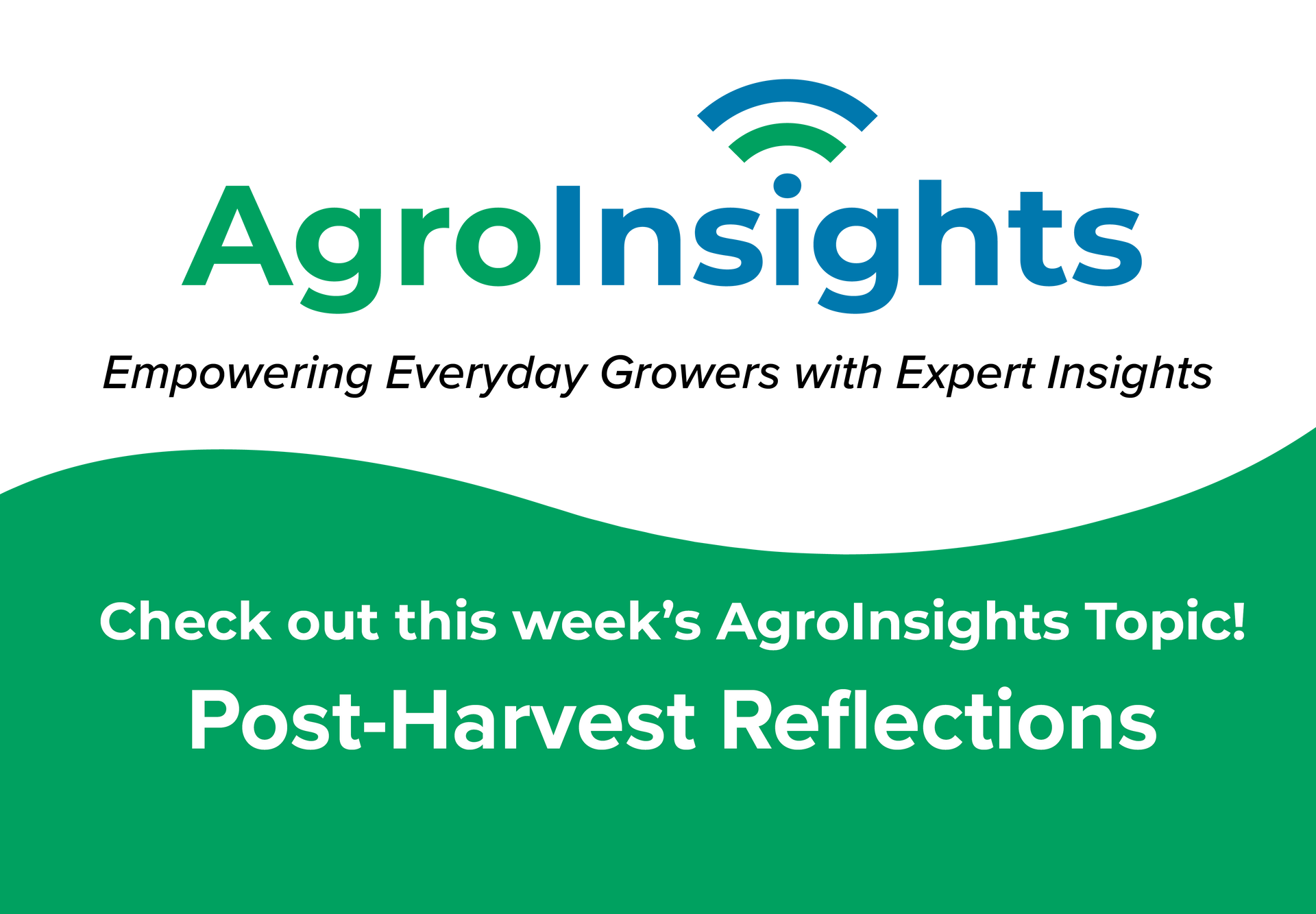

A lot has changed in farming the last 20-30 years. When I first started consulting, planters were smaller at 6-12 rows wide, soil samples were pulled once in a while and nobody had even heard of GMO crops. Now we have mammoth equipment, not only are people soil sampling, but grid sampling, zone sampling and EC (electro-conductivity) sampling. In many areas GMO crops are the norm and heck people don’t even have to drive their own tractors. My point is that, this generation of farmers is adapting to new technologies quickly and they are still in fear of being left behind. Fertilizer is also changing. You can’t afford to just broadcast fertilizer across entire fields anymore. Farmers need to focus on efficiency and return on investment. Farmers have to adapt to spoon feeding their crops in smaller quantities and placing fertilizer precisely where the crops can use it and at the time when crops need it the most. Farmers can’t afford to just use the same fertilizers grandpa used. Total plant nutrition is needed to maximize yields. Nachurs Alpine Solutions is adapting to change as well. NACHURS Bio-K and Rhyzo-Link are new technologies that are changing the way farmers fertilize. -Joe Osterhaus, Northern US Sales Agronomist
A lot has changed in farming the last 20-30 years. When I first started consulting, planters were smaller at 6-12 rows wide, soil samples were pulled once in a while and nobody had even heard of GMO crops. Now we have mammoth equipment, not only are people soil sampling, but grid sampling, zone sampling and EC (electro-conductivity) sampling. In many areas GMO crops are the norm and heck people don’t even have to drive their own tractors. My point is that, this generation of farmers is adapting to new technologies quickly and they are still in fear of being left behind.

